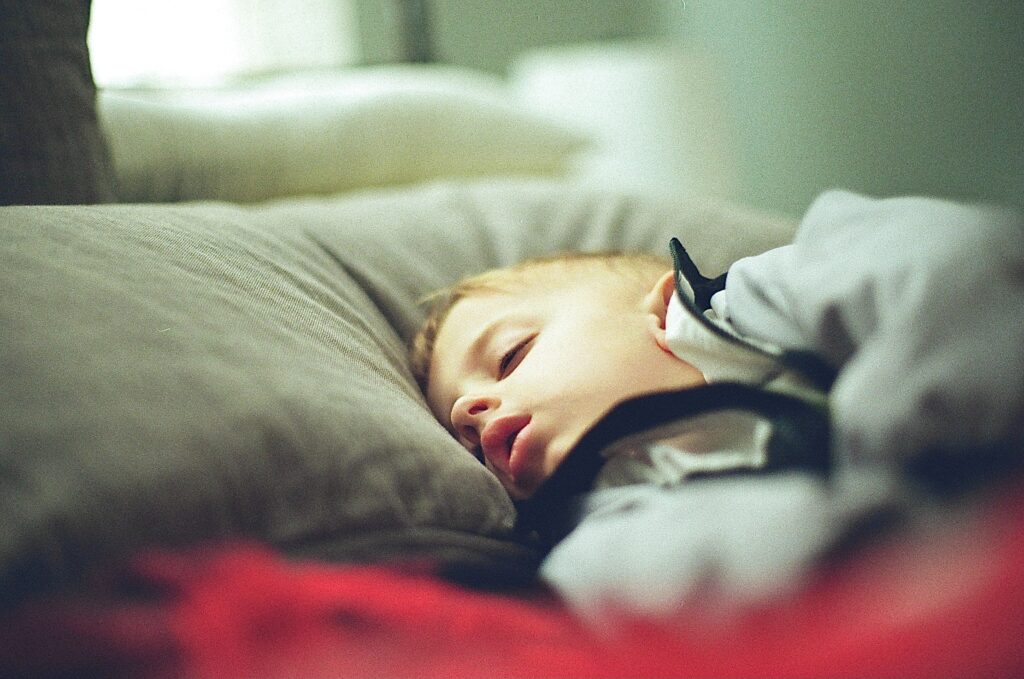An autistic child getting into their parents bed is a common issue for families all over the world. In fact it will be of no surprise that it is regularly an issue for neuro-typical children also.
But if a child is autistic and has developed a comforting routine then it can be very difficult to break. There is no magic wand that anyone can wave to fix this problem but here are some ideas you can try.
Gradual withdrawal
If it is the warmth and closeness that your child desires then you could try attempting a gradual withdrawal.
For example if you traditionally cuddle and read books together before bed, instead sit on a separate seat and maintain distance.
During the night itself you can try and build a barrier between you and your child using pillows in the bed so that there isn’t the same warmth transfer.
You can also try getting up from the bed once your child is asleep so that they get used to the experience of waking up alone.
Positive reinforcement
You could install some sort of a reward system for your child with a sliding scale dependent on how long they stayed in their own bed.
For example if they started in their bed they get a sticker, if they made it halfway through the night they get a sweet treat at breakfast.
Then if they manage to stay the whole night in their own room they are rewarded with a new toy or computer game.
Communication
This and any other suggestions are dependent on the level of the child’s communication and understanding but if you can try to explain to them the process in simple terms.
You can explain to them that sleep is important and that both they and you will be better rested in your own beds.
Melatonin
There is some research to suggest that Melatonin may be helpful for improving sleep in children with autism. In a review of studies, researchers found that melatonin may be effective in reducing the time it takes for children with autism to fall asleep and in improving sleep duration and sleep quality.
We would always recommend you speak to a Doctor prior to trying melatonin. Here is the NHS link for more information.
Establish a routine
Having a consistent bedtime routine can help the child understand when it is time for them to go to (and stay in) bed.
This can include activities such as taking a bath, reading a book, or listening to calming music.

Try a weighted blanket
Weighted blankets can be comforting for childre with autism, especially those with sensory needs.
It may be that your child likes the feeling of being squashed or pressured slightly into the bed.
Make changes to their room
You could try a bigger or different bed or a softer mattress. Failing that you could try a different duvet cover such as one in the style of their favourite cartoon character or alike.
Try some background noise
You could try leaving on some background noise such as a quiet radio or a fan going on in the background.
On a similar thread some parents have had success with white noise machines which are readily available.
Summary
It can be incredibly difficult to break the routine of an autistic child getting in bed with their parents.
It is the mix of perhaps poor communication skills, a fondness for routine and even a lack of social understanding which can add to the problem.
Then you have got the aggravating factor being that the parents will naturally be very tired so at 2am it is tempting to just let the habit continue.
Whatever tactic you try, with time and patience you should be able to get your child sleeping in their own bed.
For more articles on sleep please feel free to browse our archive here.

